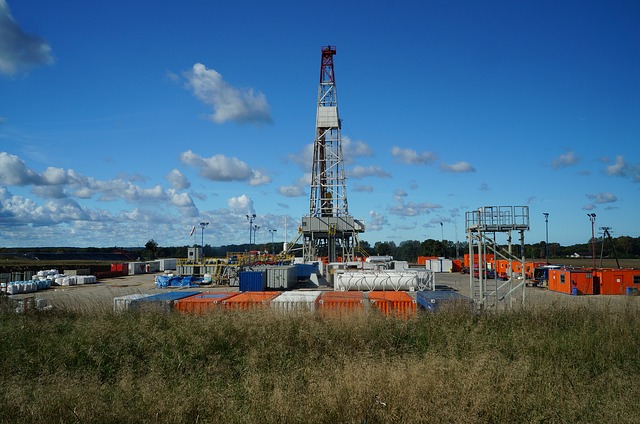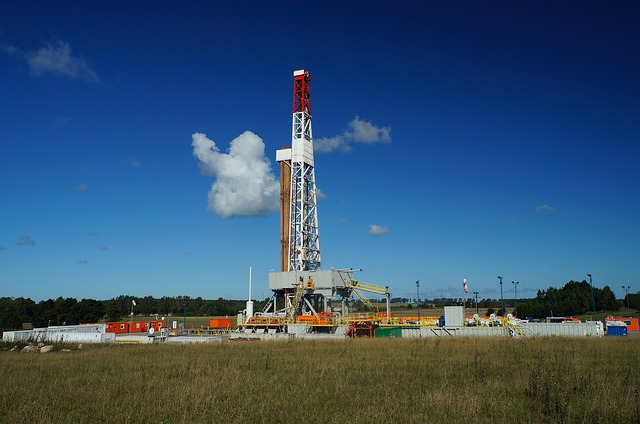In all questions of commercial auto insurance, we can basically break it down to this: If you drive your car to work, your personal auto insurance covers it. If you drive your car at work, you probably need to consider commercial auto insurance.
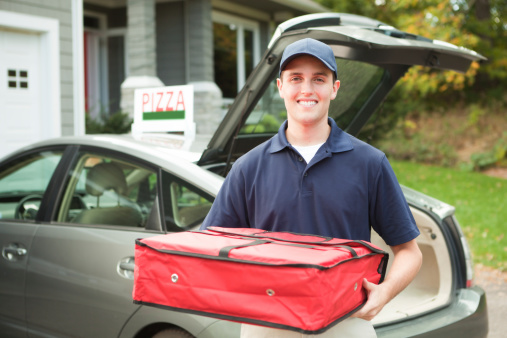
This extends to food couriers. If you make your living delivering pizzas, burgers and Chinese food to hungry customers — whether as an employee of a restaurant or through a food-delivery app like Uber Eats — your car will likely be considered a commercial vehicle. You will need a commercial auto insurance if you hope to carry adequate protection.
You may be able to skip buying your own coverage if the company you work for provides insurance. Uber Eats, for instance, offers a limited insurance policy that covers you while you are in the process of delivering the food. DoorDash offers a similar insurance plan. However, these plans may leave you with insurance gaps. If you are in an accident while driving to the restaurant to pick up the order, the company’s plan might not offer coverage for that stretch of time, and your personal auto insurance provider might not recognize your claim, as the accident was technically business-related.
Talk to your insurer and find out what their policy is on food couriers. They may offer you full protection through your personal auto insurance while you are on your way to a pick-up, but only if you inform them that you are using your car for business purposes.
While personal insurance can be very limited in covering a commercial vehicle, the inverse is not true. A commercial auto insurance policy will cover your car when you’re driving it for personal use.
So, if you deliver food on a regular basis, it may be a good idea to consider buying commercial auto insurance rather than a personal vehicle policy.

 Workers compensation insurance is required in most states, although the requirements vary greatly. Having this insurance is an added expense, but it protects your employees. It also won’t leave you on the hook for lost wages, medical bills and other out-of-pocket expenses. Find out more about covered events and when to file a claim.
Workers compensation insurance is required in most states, although the requirements vary greatly. Having this insurance is an added expense, but it protects your employees. It also won’t leave you on the hook for lost wages, medical bills and other out-of-pocket expenses. Find out more about covered events and when to file a claim.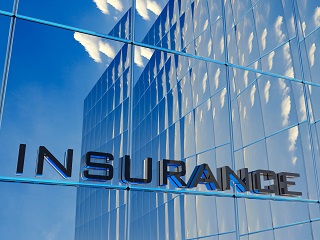 A person walks into a business, falls, and damages his expensive watch. Is the business responsible for that loss? This is a common example of a general liability insurance claim. In many cases, business owners need to have this type of financial protection in place to limit any type of loss they have just by opening their doors. Take a closer look at when damaged property may be covered on your policy.
A person walks into a business, falls, and damages his expensive watch. Is the business responsible for that loss? This is a common example of a general liability insurance claim. In many cases, business owners need to have this type of financial protection in place to limit any type of loss they have just by opening their doors. Take a closer look at when damaged property may be covered on your policy.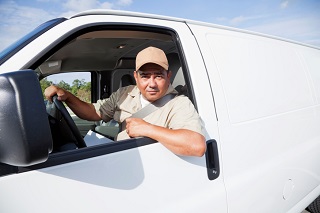 There is nothing more devastating than a pedestrian accident. Your driver didn’t see the individual walking across the street. The location of the individual was just too far out of view. The result is a significant amount of medical injury costs. Some are fatal. When this occurs, it is critical that your drivers know what to do. Here is some insight to consider.
There is nothing more devastating than a pedestrian accident. Your driver didn’t see the individual walking across the street. The location of the individual was just too far out of view. The result is a significant amount of medical injury costs. Some are fatal. When this occurs, it is critical that your drivers know what to do. Here is some insight to consider. Does it matter who is at fault if a worker suffers an injury on the job? It can be very frustrating. You told the worker to follow a specific set of steps. They did not do so. It is their fault they have an injury. Do you have to pay for it? Generally speaking,
Does it matter who is at fault if a worker suffers an injury on the job? It can be very frustrating. You told the worker to follow a specific set of steps. They did not do so. It is their fault they have an injury. Do you have to pay for it? Generally speaking,  helps ensure your business remains protected from a variety of risks. One key risk occurs when you maintain your customer or client’s equipment or other possessions. In this case, having enough liability insurance is important. How much you maintain depends on a variety of factors.
helps ensure your business remains protected from a variety of risks. One key risk occurs when you maintain your customer or client’s equipment or other possessions. In this case, having enough liability insurance is important. How much you maintain depends on a variety of factors.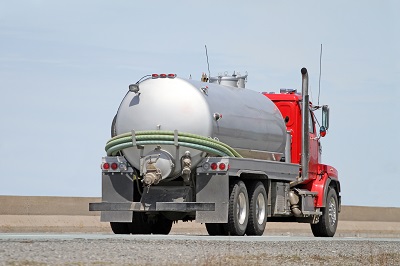
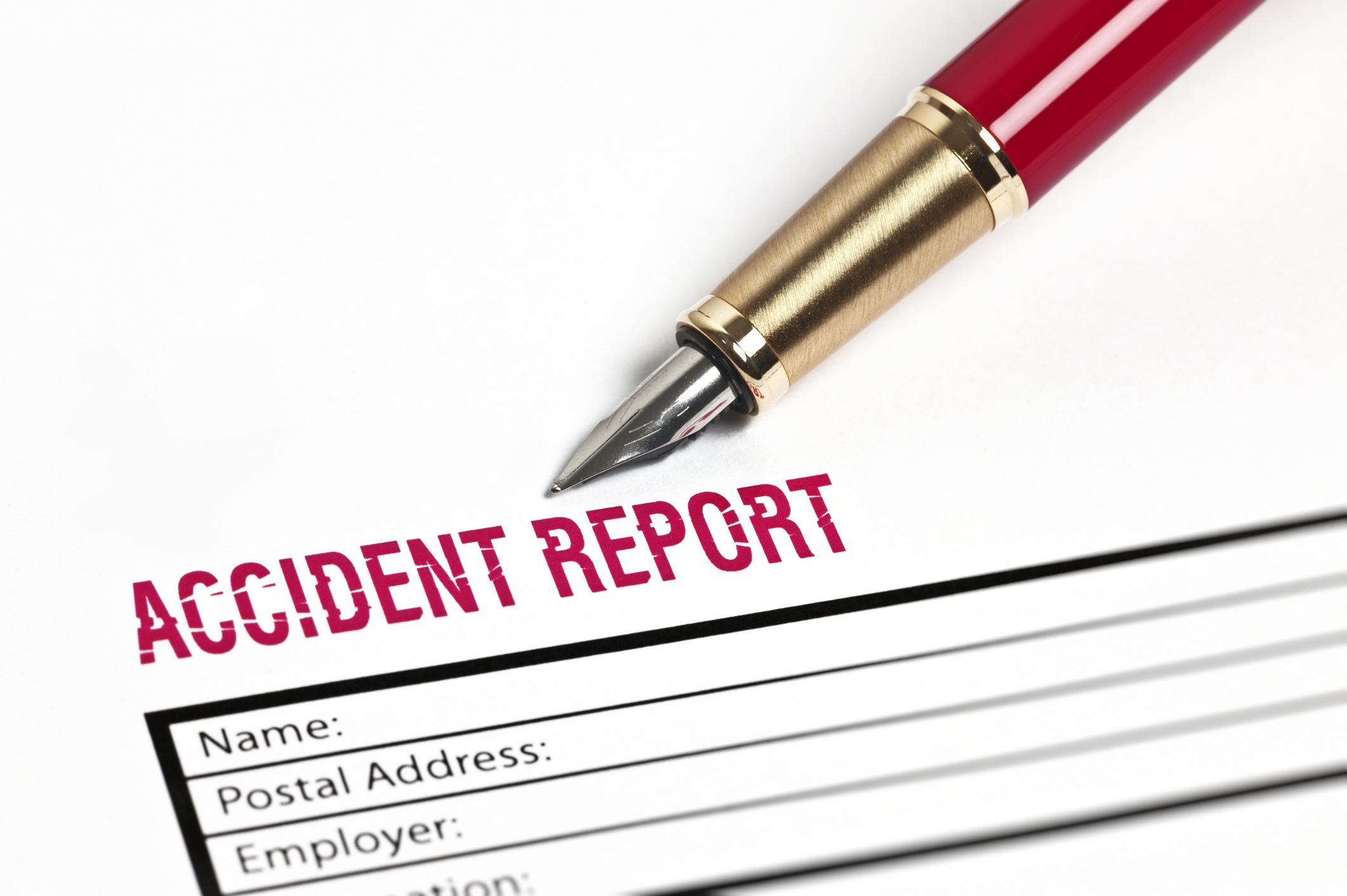 Foremost, you might have to provide that person with workers’ compensation. Often, it you will have no option but to do so. Here’s why.
Foremost, you might have to provide that person with workers’ compensation. Often, it you will have no option but to do so. Here’s why.